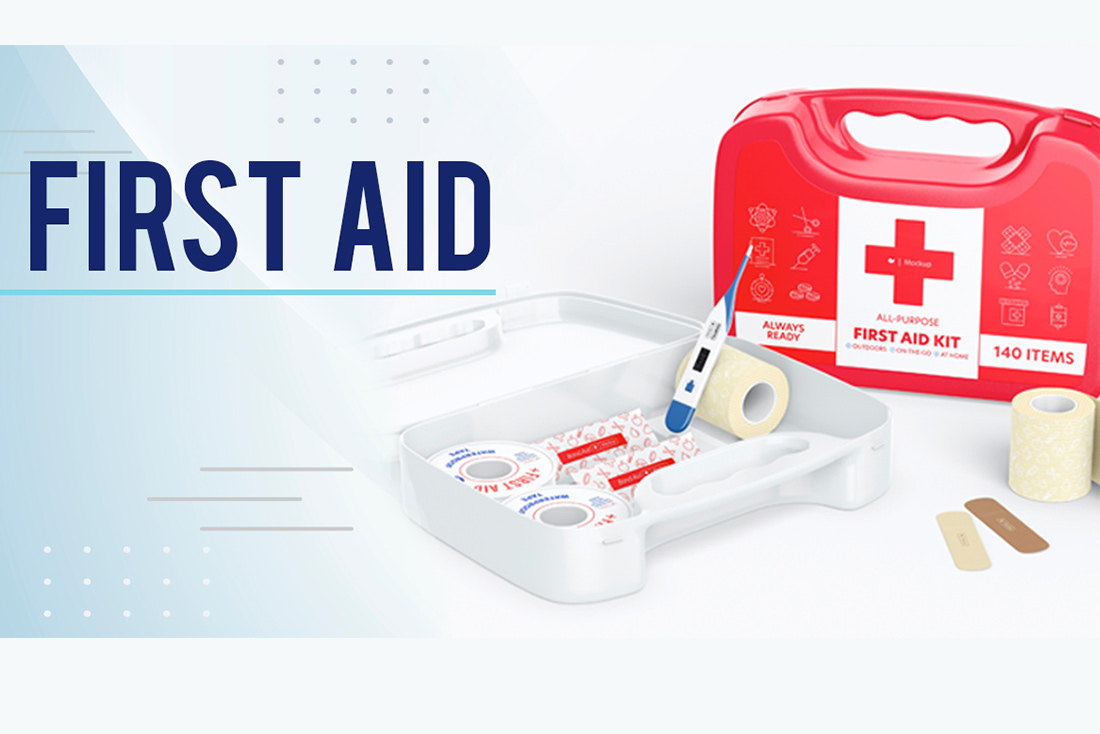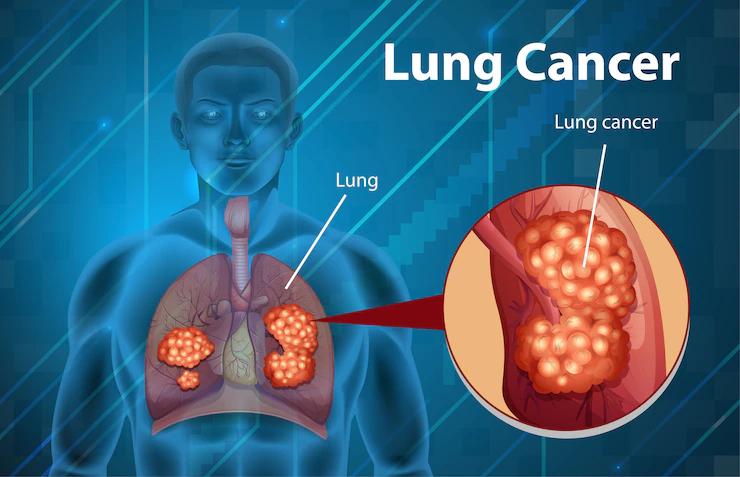Introduction
Imagine this: You’re at your absolute favorite restaurant, savoring your favorite meal when suddenly, a fiery sensation rises in your chest, causing irritation, anxiety, and uneasiness. If you’ve experienced this, you’re not alone. Millions suffer from Gastroesophageal Reflux Disease (GERD) worldwide. This is an extremely common yet often misunderstood condition.
Join our journey through the world of GERD! We’re unveiling its causes, symptoms, and effective strategies to manage it. Say goodbye to heartburn, and let’s explore relief! 🔥
What is GERD?
The esophagus is the tube that connects your mouth to your stomach. GERD occurs when stomach acid flows back into the esophagus due to a weak Lower Esophageal Sphincter (LES), the muscular ring at the base of the esophagus. This acid backflow leads to irritation, inflammation, and potential damage to the esophageal lining over time.
Common Causes of GERD
- Dietary Choices: Consuming large, fatty, or spicy meals, caffeine, alcohol, and chocolate can trigger GERD symptoms.
- Obesity: Excess weight increases abdominal pressure, weakening the LES and promoting acid reflux.
- Hiatal Hernia: A condition where part of the stomach protrudes into the diaphragm, making acid reflux more likely.
- Pregnancy: Hormonal changes and increased abdominal pressure raise the risk of GERD in pregnant women.
- Smoking: Weakens the LES and reduces saliva production, which helps neutralize stomach acid.
Identifying Symptoms
GERD symptoms vary in intensity and duration. Some common symptoms include:
- Heartburn: A burning sensation in the chest, often after eating or when lying down.
- Regurgitation: A sour or bitter taste caused by food or liquid coming back into the mouth.
- Chest Pain: GERD-related chest pain can sometimes mimic heart-related conditions.
- Difficulty Swallowing: A feeling of food getting stuck in the throat (dysphagia).
- Chronic Cough: Persistent dry cough due to acid reflux.
- Sore Throat: Acid exposure can cause throat irritation and discomfort.
Effective Management Strategies
GERD is manageable with the right approach. Here’s how you can take control:
- Lifestyle Modifications: Regular exercise and a balanced diet can improve symptoms.
- Dietary Changes: Eat smaller, healthier meals and identify trigger foods.
- Over-the-Counter Medications: Antacids and H2-receptor blockers can provide temporary relief.
- Prescription Medications: Proton Pump Inhibitors (PPIs) like omeprazole or lansoprazole can reduce acid production in severe cases.
- Surgery: Procedures such as fundoplication can help strengthen the LES when lifestyle changes and medications aren’t enough.
- Monitor Your Symptoms: Keeping a symptom log can help identify triggers and measure the effectiveness of treatments.
Conclusion
GERD is a common condition that affects millions, but it doesn’t have to take over your life. By understanding its causes, recognizing symptoms, and implementing effective management strategies, you can regain control and improve your quality of life. If your symptoms persist despite self-care, consult The Ethics Multispeciality Hospital for a personalized treatment plan. With the right approach, you can manage GERD effectively and enjoy a symptom-free life!






